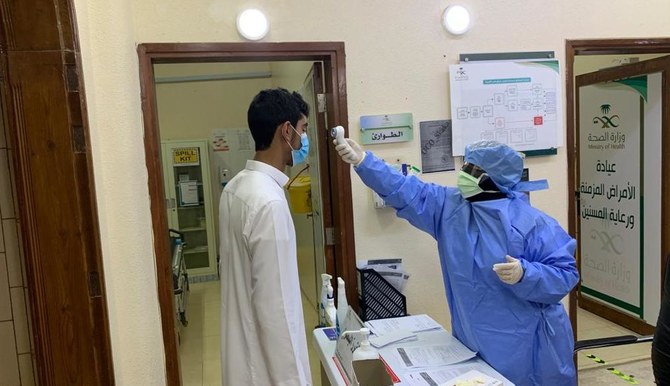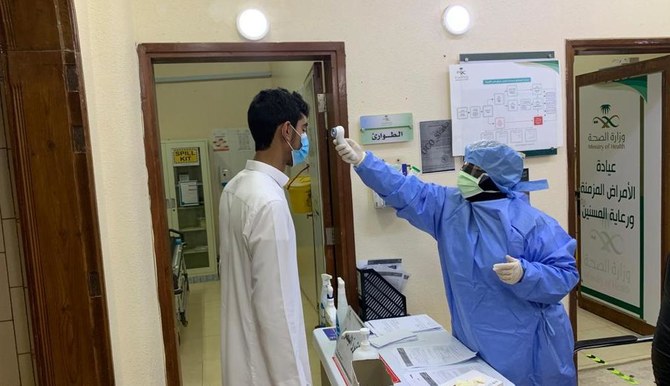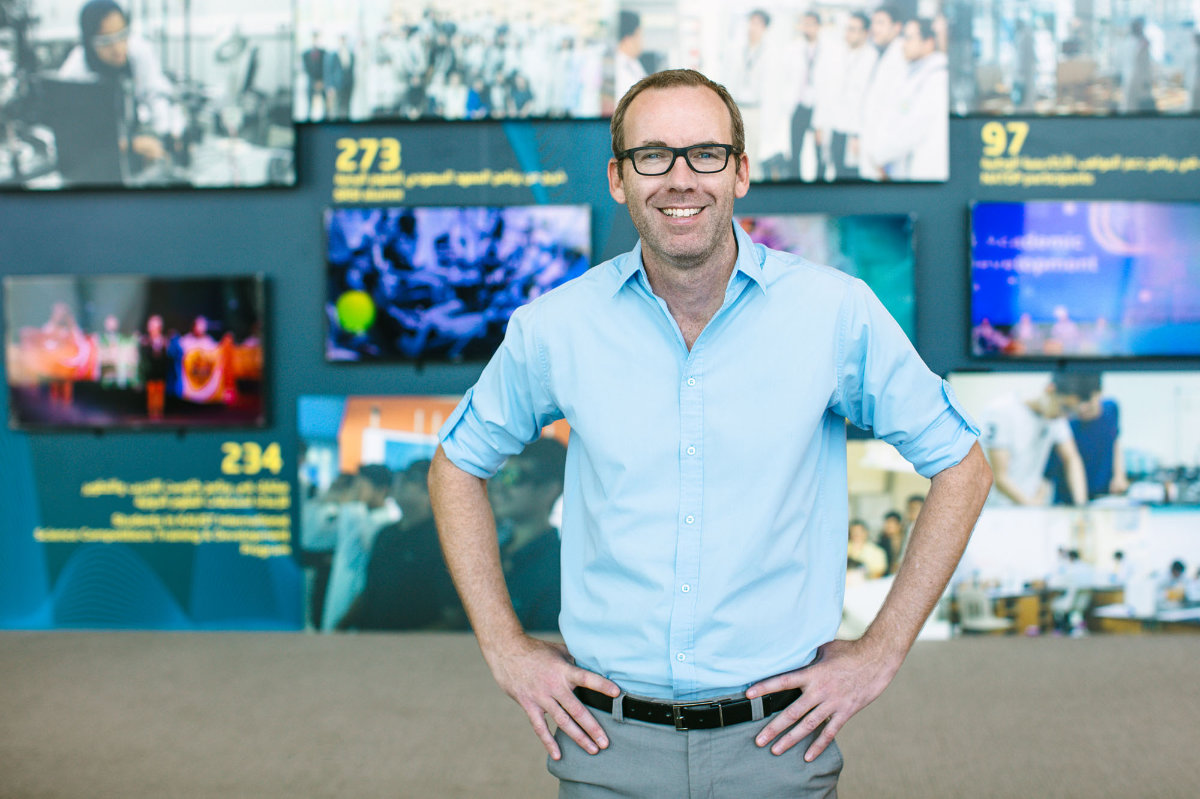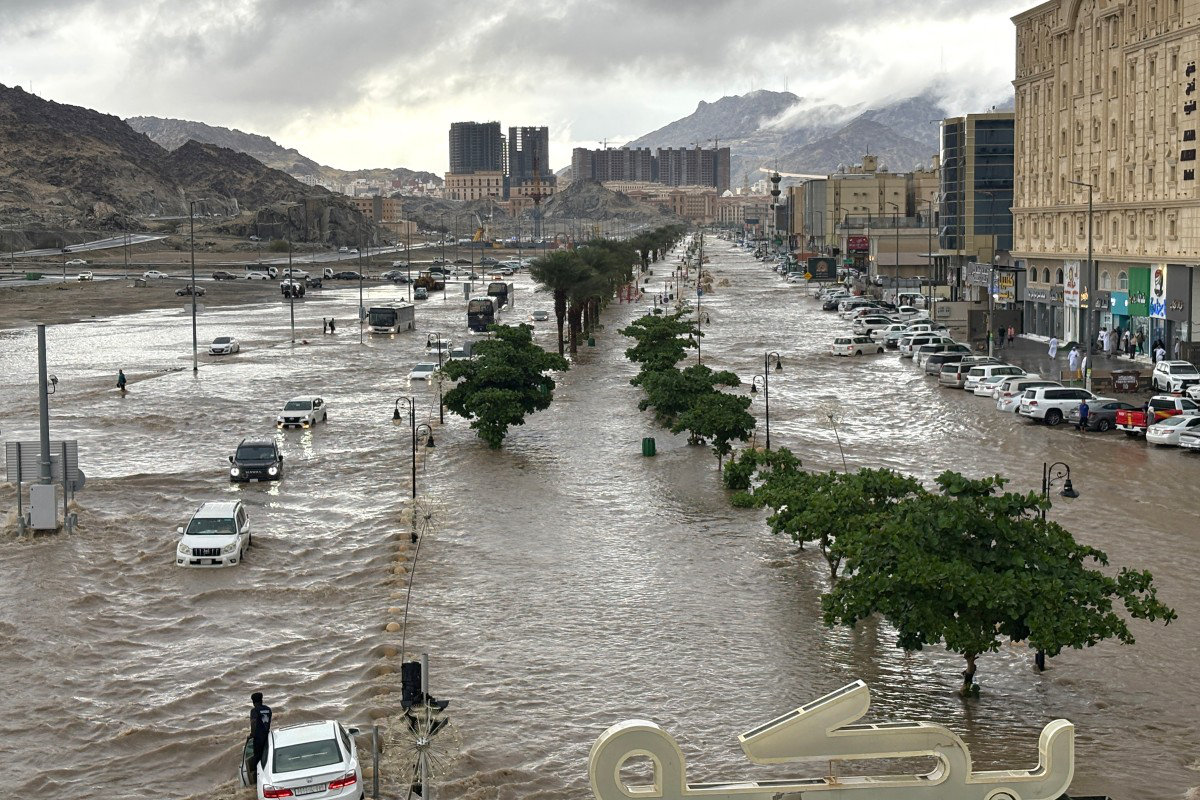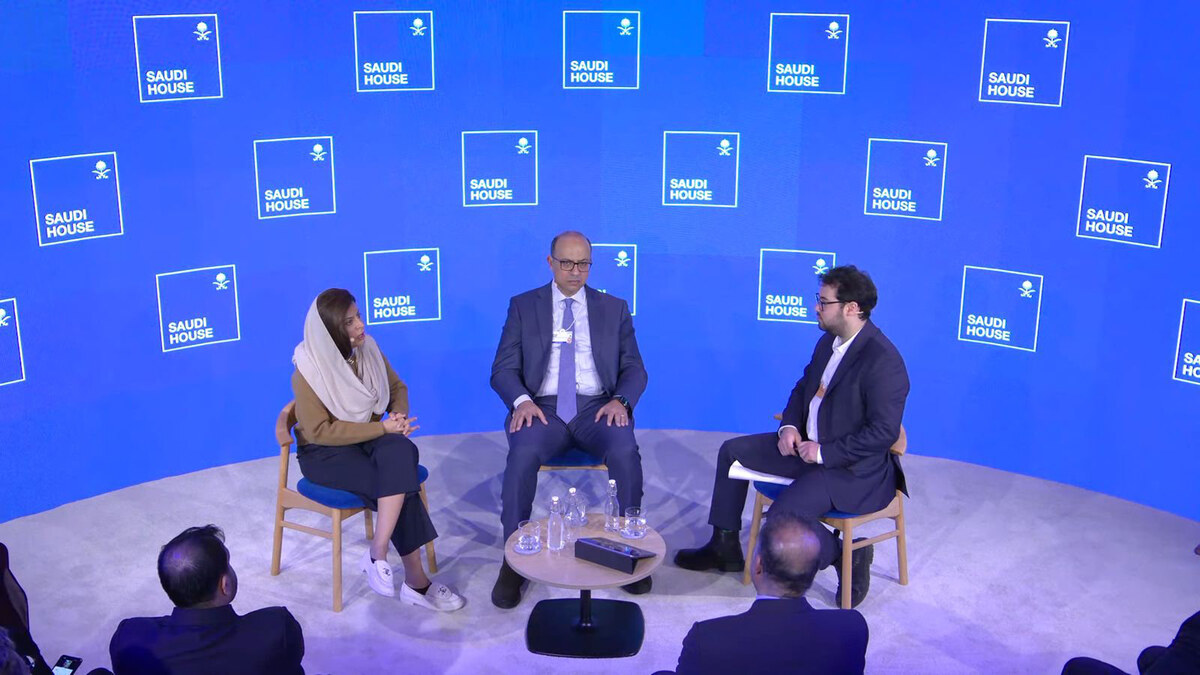At least 250 Saudi doctors and health practitioners have signed up to an ambitious community volunteer program offering free medical consultations to patients throughout the Kingdom.
The We Are All Sanad initiative, supervised by the Ministry of Human Resources and Social Development, aims to recruit more than 2,000 medics to offer expert advice and raise awareness on key health issues.
Covering around 30 specialties, the scheme’s health volunteers, 45 percent of whom have so far been women, are hoping to provide 250,000 consultations by the end of the year.
The project is being run in tandem with Saudi government efforts to combat the coronavirus disease (COVID-19) pandemic.
The head of the initiative, Dr. Mohammed bin Rashid Al-Hamali, said the volunteer advisers had already provided hundreds of free teleconsultations remotely through the Mawidy (my appointment) platform which had contributed toward achieving sustainable goals, such as improving community service, increasing access to health care, and raising health awareness.
The initiative, launched on March 1, has been designed to help overcome obstacles faced by patients in relation to access to health care.
“These challenges include geographic barriers, a lack of clarity in the appointments available to patients, the high costs of treatment in some private sector facilities, and fear of disease exposure when visiting hospitals and clinics.
“We Are All Sanad provides services to everyone, however, priority has been given to beneficiaries of charities, especially under the unprecedented current conditions and the coronavirus pandemic, which threatens the health and safety of the world,” said Al-Hamali, adding that the program supported more than 15 associations.
The Mawidy app, available in Arabic, English, and sign language, offers telemedicine and appointment booking services, and users will soon be able to make home health care reservations as part of a raft of upcoming additional services.
FASTFACTS
The total number of coronavirus cases in KSA reached 226,486.
The total number of recoveries in the Kingdom reached 163,026.
The number of active cases in Saudi Arabia stood at 61,309.
The total number of PCR tests in the Kingdom reached 2,179,448.
Deputy head of the initiative, Dr. Sultan bin Faisal, praised the ministry for its support for health charity staff and beneficiaries through the provision of telemedicine consultations, educational lectures, and scientific seminars.
He said volunteers wishing to join the initiative could register through the Mawidy platform, provided they had a valid license from the Saudi Commission for Health Specialties, adding that the scheme offered a unique opportunity for health practitioners to exchange experiences.
Faisal pointed out that the team included 30 young volunteers who would receive skills development training through the Ibtikar program, which offered scientific and practical training courses.
Meanwhile, the Kingdom on Friday recorded 51 new COVID-19-related deaths, raising the total to 2,151.
There were 3,159 new cases reported in Saudi Arabia, meaning 226,486 people had now contracted the disease. There were 61,309 active cases, with 2,220 patients in critical condition.
According to the Ministry of Health, 296 of the newly recorded cases were in Riyadh, while 249 were reported in Al-Hofuf, and 209 in Jeddah. In addition, 1,930 more patients had recovered from COVID-19, taking the total number of recoveries in the Kingdom to 163,026.
Saudi Arabia has so far conducted 2,179,448 tests for COVID-19.
As part of the Kingdom’s strategy to tackle the virus outbreak, several services and products have been rolled out throughout the country.
These have included Takkad (make sure) centers which have conducted more than 480,000 lab tests, 239 Tetamman clinics which have dealt with at least 265,000 patients, the provision of an extra 2,500 intensive care unit beds, the building of four field hospitals, the carrying out of at least 2.1 million lab tests, and the conducting of 3.7 million medical consultations through the ministry’s 937 service center.
Earlier, Health Ministry spokesman Dr. Mohammed Al-Abd Al-Aly said that we are currently going through a phase of stability and control of the COVID-19 curve in the Kingdom. “This is due to the successful measures taken by authorities, and public awareness, and we should maintain this level of commitment.”
The ministry urges those who have come in contact with an infected person to immediately isolate themselves and call them at 937. They should also stay away from others and self-isolate at home.


